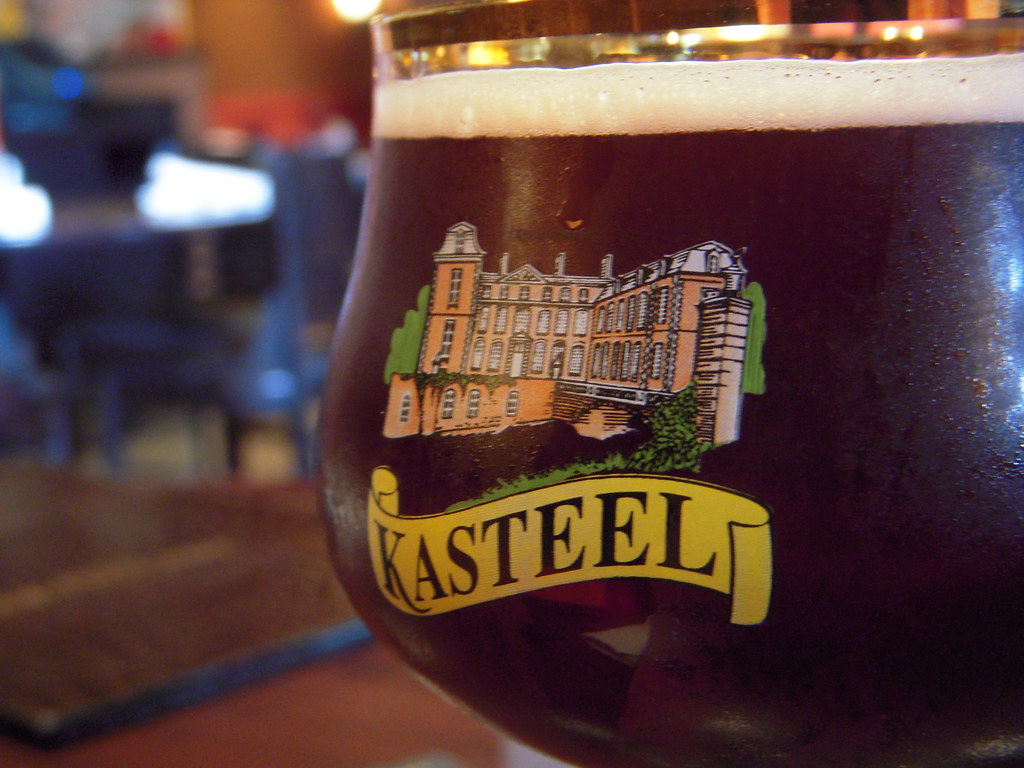In a cultural shift from traditional beer preferences, the allure of rouge beers, affectionately termed rougekes, has taken root among Belgian youth, transcending the traditional dichotomy of being for or against them.
Embracing these fruity brews has become more than just a choice of beverage; it's a statement of identity for many. Beer sommelier Sofie Vanrafelghem emphasised the growing popularity of rouge beers among the younger demographic while noting the influence of sweetness and alcohol content.
"Your first lager never tastes good," she told Het Nieuwsblad, hinting at the appeal of sweeter alternatives for novice beer drinkers. Despite her personal preference for hoppy or sour brews, she recognised the evolving palate of consumers over time.
Scouts to university
The surge in demand for rouge beers is evident across various demographics, from university students to scout gatherings. Michiel Clyncke, co-CEO of Kasteel Brouwerij Vanhonsebrouck, observed a substantial increase in sales of their flagship Kasteel Rouge, indicating a broader trend towards fruity brews among young consumers.
The emergence of rouge beer reflects a broader shift within the beverage landscape. While once considered a niche market, rouge beers now enjoy a prominent presence in pubs, night shops and supermarkets, catering to diverse preferences and budgets.
Despite the proliferation of rouge beer options, Kasteel Rouge maintains its stronghold in the market, with exports extending beyond neighbouring countries to destinations such as the US and China. The authenticity of the original recipe remains paramount, even amidst competition from emerging brands. The popularity of Kasteel Rouge transcends mere consumption, evolving into a cultural phenomenon celebrated at events like 'Moulin-Rougeke' parties.
The success of rouge beers can be attributed to strategic marketing initiatives and cultural resonance. A campaign launched during the pandemic, featuring collaborations with local cafés, helped solidify Kasteel Rouge's position as a staple on the Belgian beer scene.
Related News
- Best in Town: Favourite bars for students in Brussels
- Don't like beer? Here are some Belgian alternatives
- Duvel Glass Mafia: The darker side of Belgian beer glass collecting
While the preference for sweet beers is more pronounced in certain regions, concerns linger regarding the potential for over-sweetening and dilution of traditional brewing practices.
As Belgian beer culture continues to evolve, rouge beers stand as a testament to innovation and adaptation, appealing to both seasoned enthusiasts and newcomers alike. With their vibrant flavours and cultural significance, rouge beers have carved out a distinct niche in the ever-expanding world of Belgian brewing.

